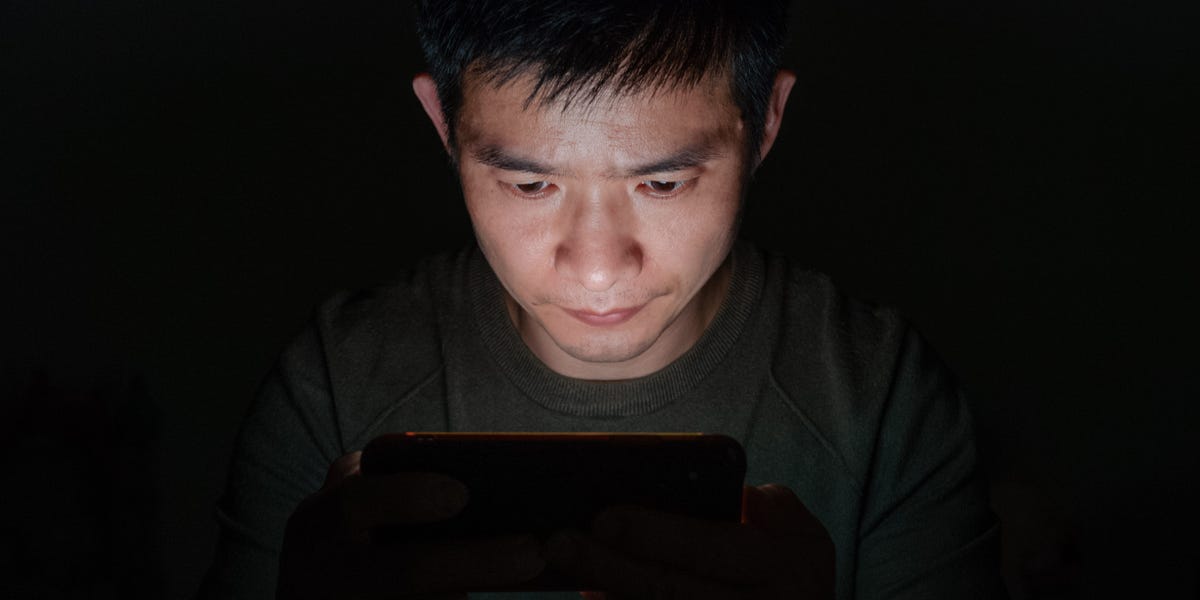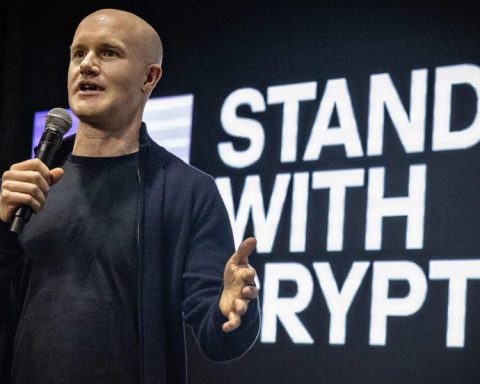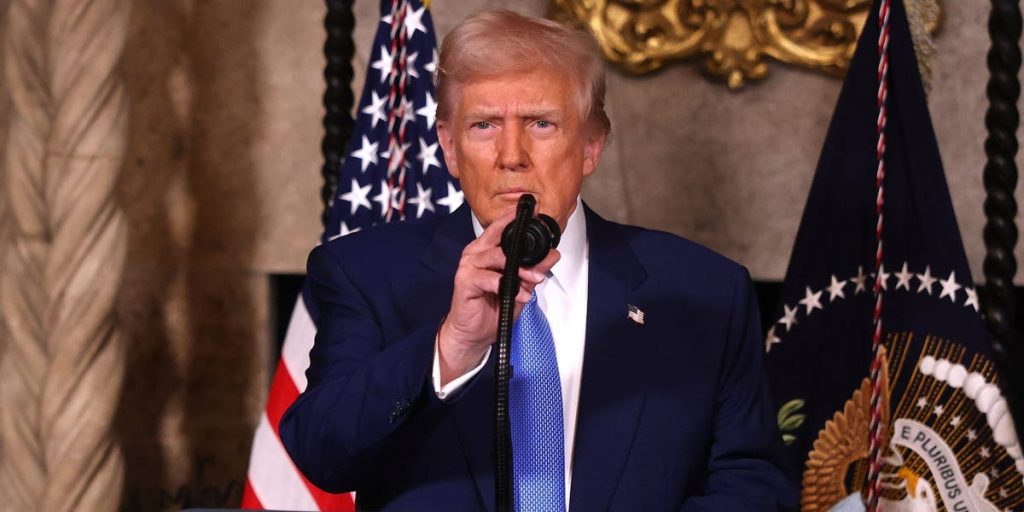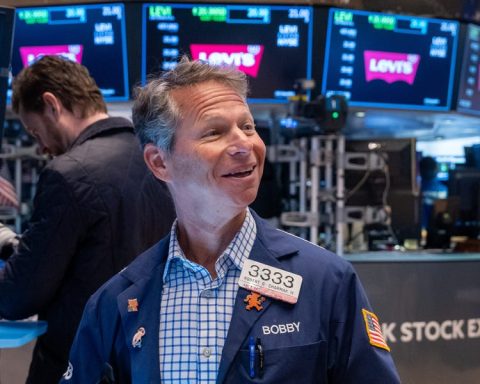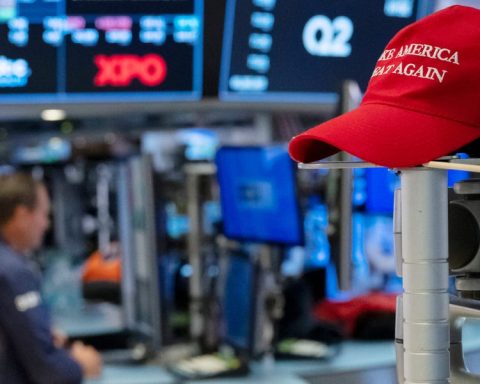Demand for crypto-trading addiction therapy is on the rise, as experts in the field report. Crypto addiction often resembles gambling addiction, fueled by the excitement and potential for financial gain. Therapists observe that clients frequently deal with legal issues, financial losses, and disruptions to their personal lives. Navigating the notoriously volatile crypto market presents significant challenges. However, with bitcoin experiencing a remarkable 124% rally in 2024 and meme coins gaining popularity, some traders overlook the substantial risks in their pursuit of wealth. This often leads to trouble, prompting many to seek professional help. In recent years, therapy and counseling firms have begun to offer services specifically focused on crypto-related issues, as indicated by professionals in the field.
Business Insider consulted two therapists to share their experiences with clients. Below are some key insights from their discussions.
Crypto Addiction Mirrors Gambling Addiction
Despite the relative novelty of cryptocurrencies, experts assert that the behaviors exhibited by traders who develop an addiction closely resemble those of traditional gambling addicts. However, the odds of success are not always favorable, nor as transparent as in casino games or sports betting. “It is viewed as a quick route to wealth, but in reality, it’s a skill-based form of gambling, and there are certainly more losers than winners,” explained Craig Bilton, clinical director at The Diamond Rehab Thailand, which requires a minimum one-month stay.
Much like with gambling addictions, the euphoria from an initial win can hook individuals, encouraging continued participation. “It’s not solely about financial gain for many; it’s the thrill of risk-taking,” Bilton noted. “They operate on the same brain pathways—initial wins create a sort of addiction, followed by the anticipation of future wins.”
Clients May Miss Sessions Due to Legal Fears
Bobbe McGinley, clinical director of Birches Health, pointed out that some clients might shy away from therapy sessions due to involvement in illegal activities. “Cryptocurrency scams, including phishing, Ponzi schemes, and market manipulation, have surged in recent years, causing significant financial devastation for many,” McGinley mentioned in an email. “Those entangled in these situations often avoid seeking therapy due to feelings of shame and anxiety over possible repercussions.”
Financial Losses Are Common
“I recently worked with a client who lost half a million dollars,” Bilton recalled. While not all losses are as dramatic, the financial impacts are typically significant relative to each trader. “A cocaine addict stops when they run out of cocaine, but a gambling or crypto addict only stops when they’ve exhausted their funds,” he said. “The addiction is simply a symptom of deeper underlying issues.”
Underlying Issues Drive Addiction
“We strive to look deeper into the problem, always questioning the behavior and the resulting pain,” Bilton said. “The addiction may fulfill genuine needs but does so in an unhealthy manner.”
Widespread Life Impact Beyond Finances
“These individuals usually dedicate an inordinate amount of time to trading, often neglecting other life areas,” McGinley mentioned. “A strong emphasis on social status and success leads to intense competition. The negative repercussions can range widely, including marital conflicts, financial ruin, legal issues, and adverse psychological effects.” Bilton echoed these concerns. “There’s often significant damage control required, especially in relationships, such as when a spouse has depleted their savings.”
“People don’t contact me because they think I’m a nice guy—while I am friendly, they reach out because serious issues have arisen,” Bilton added.
If you or someone you know is grappling with a gambling addiction, please reach out to the National Council on Problem Gambling Helpline at 1-800-522-4700. They offer resources and referrals nationwide, across Canada, and in the US Virgin Islands. Help is available 24/7 and is completely confidential.
